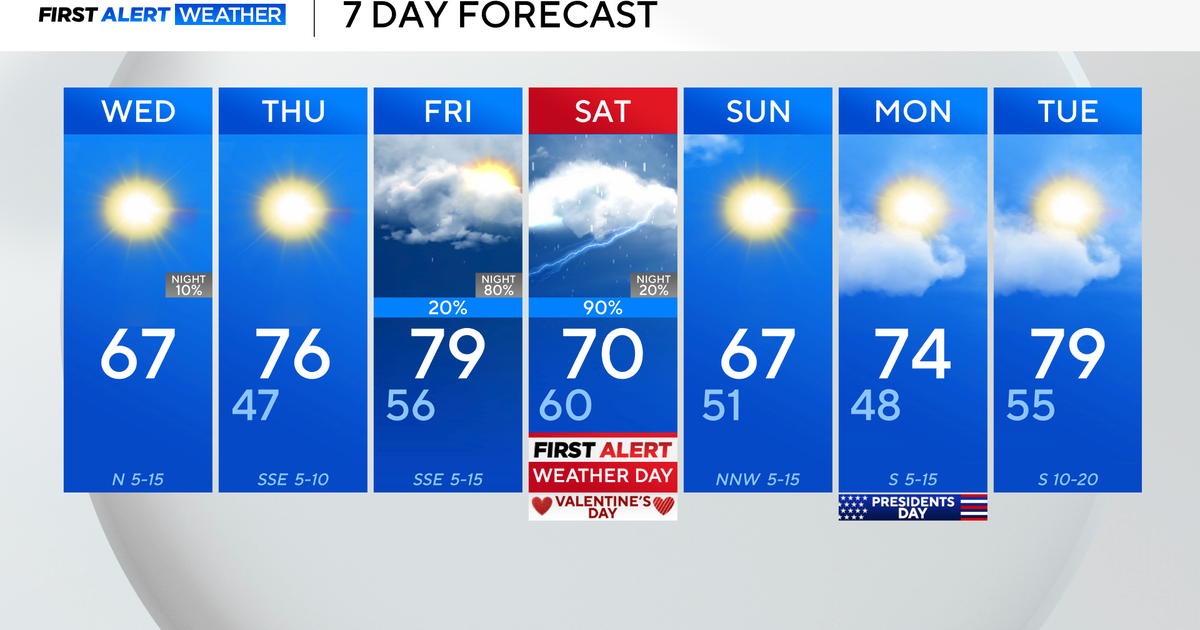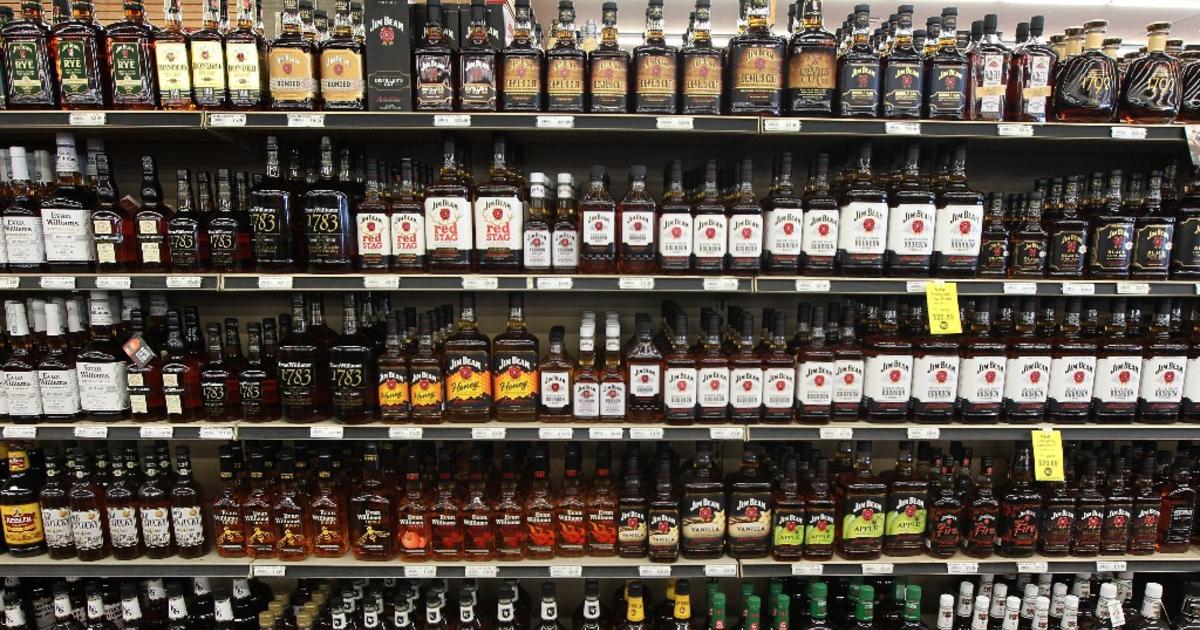Without A Farm Bill Milk Prices Could Skyrocket
ALBERTVILLE, Minn. (WCCO) -- With dust clouds rising on another fall harvest, Minnesota's dairy farmers are getting swallowed up in it.
That's because the federal law that sets milk price supports expired on Oct. 1, leaving farmers clouded by uncertainty.
"I think some guys are saying it's looking good now and hopefully getting better. I don't see it going backwards like it was a couple of months ago," Jonathan Kolles said.
Kolles helps milk a herd of 80 Holstein dairy cows on a farm near Albertville. But he adds, he's also a consumer and buys milk at the grocery store. Like most consumers watching their grocery bills, Kolles understands all the concern.
"I didn't think it was that high until I went to the cooler and grabbed a gallon," he said.
Every five to seven years the U.S. farm bill sets the guaranteed price that farmers are paid for their milk. The current market price is around $19 for every 100 pounds they ship to the dairy. At the grocery store that translates for consumers into roughly $3 to $3.50 per gallon of 2-percent milk.
But if the farm bill isn't renewed by year's end, price supports would be based on what's known as the "parity prices" under the 1949 Agriculture Act. If applied to today's prices, the safety net, otherwise known as the Milk Income Loss Contract, would be around $38 per hundred weight. That's why many consumer advocates fear that retail milk prices could double, as well.
Of course, this is purely speculation and based on a worst case scenario. It really depends on what happens after the election. Most importantly, how willing the U.S. House will be to pass its version of the 2012 farm bill or wait until the 2013 session.
A more immediate concern for dairy farmers is the price of grain. Drought and shortages are making what goes into the dairy cow much more expensive -- both for them, and for you.







